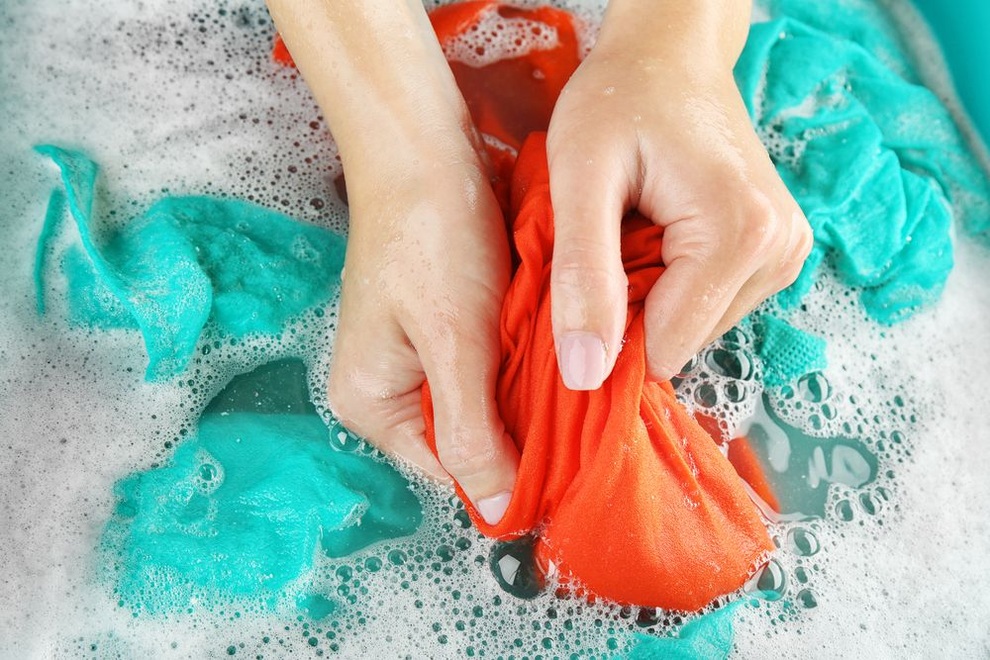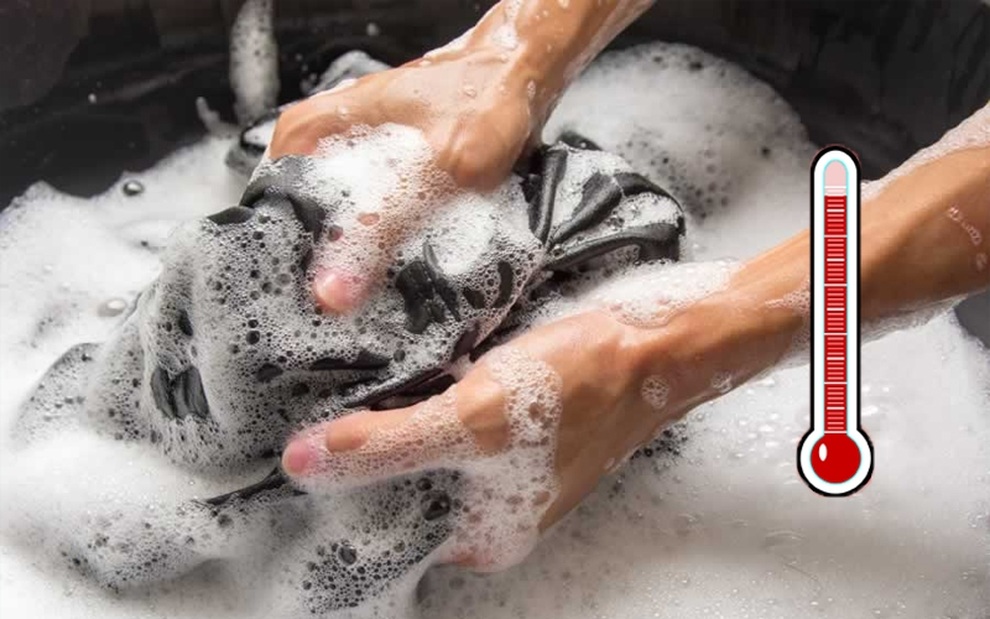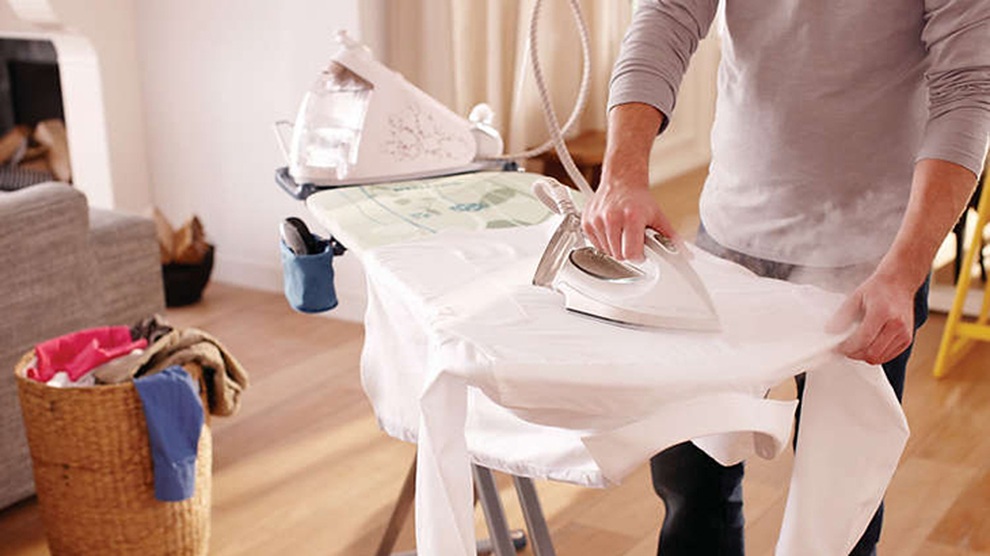During heavy rainy days, clothing often takes a long time to dry and can have a musty, damp, unpleasant smell. This environment can promote the growth of bacteria and mold, which can be harmful to our health.
Did you know that wearing damp and moldy clothes can lead to infections (especially for those with weak immune systems) and allergies? It can also contribute to respiratory problems such as asthma and sinusitis, especially in children.

Avoid washing too much clothing at once. Washing smaller loads allows for better cleaning and removes stubborn stains from clothes.
Wash clothes with hot water
Washing clothes with hot water helps the detergent dissolve easily and enhances the cleaning process. Stubborn stains on clothes are easier to remove with hot water. Additionally, washing clothes with hot water helps eliminate bacteria on the clothing, preventing skin allergies.

Proper drying
When drying clothes, hang them on a clothesline (using clothespins) instead of draping them over a line. This allows clothes to dry quickly and evenly. Before drying, wipe the clothesline to prevent your clothes from getting dirty after each rain.
Thoroughly shake your clothes before hanging them to reduce wrinkles when they dry and remove excess water. Spread out the clothes on the clothesline to dry faster. Leave some space between the clothes to allow for better airflow and quicker drying. If the weather is too humid, you can use a fan or dryer for faster drying.
Avoid drying clothes overnight, as the increased humidity at night can cause unpleasant odors and skin problems such as fungal infections.
Ironing clothes
Before wearing clothes, it’s best to iron them to make them look neater and also to eliminate any lingering odors. Ironing also helps eliminate wrinkles and removes any excess moisture on the fabric, ensuring your clothes are fresh and clean.

When storing blankets, pillows, and clothes, it’s a good idea to put them in plastic bags to prevent moisture. Vacuum-sealed bags are the best option as they prevent odors and limit the growth of mold. Never put damp clothes directly into the closet. Always dry, air, and iron them before storing or wearing them.
Additionally, place some moisture-absorbing sachets in your closets. Keep your clothes and towels in clean, dry areas, and try to move your wardrobe away from areas prone to mold growth.
Following these small tips will help you keep your clothes fresh and clean during the rainy season, protecting the health of your entire family.
































